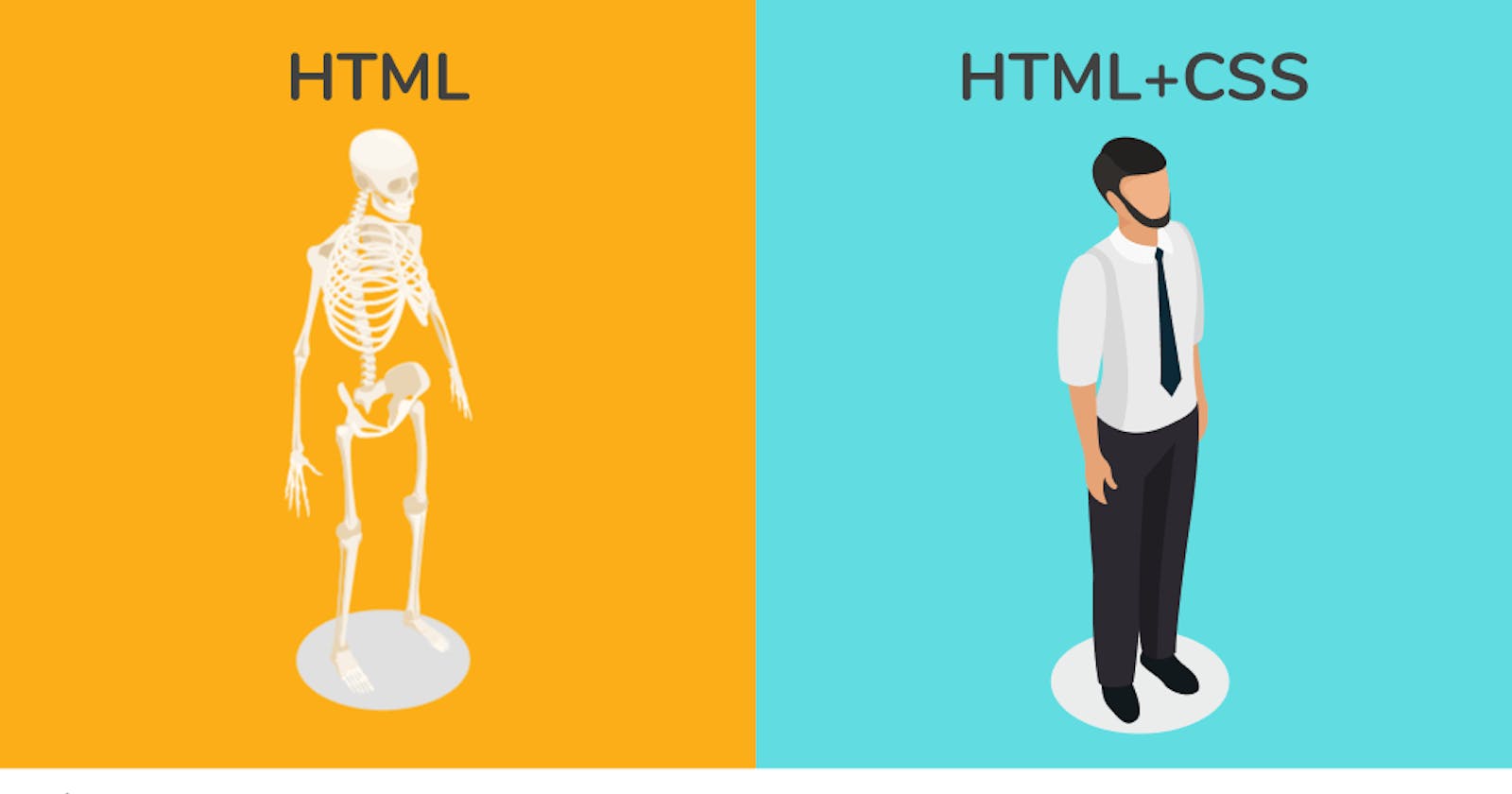HTML, or Hypertext Markup Language, is the backbone of every website. It is the code that structures and organizes the content on a webpage. Whether you are a beginner or an experienced web developer, there are always new tips and tricks to learn when it comes to HTML. In this article, we will discuss some essential tips and tricks to help you master HTML and create stunning websites.
Use Semantic Elements
by Branko Stancevic (https://unsplash.com/@landb)
Semantic elements are HTML tags that clearly describe the content they contain. These elements not only make your code more readable, but they also improve your website's accessibility and SEO. Some examples of semantic elements include , , , and . By using these elements, you can better structure your webpage and make it more user-friendly.
Utilize CSS
CSS, or Cascading Style Sheets, is used to style and format the content on a webpage. By separating the design from the content, CSS allows for more flexibility and control over the appearance of a website. Instead of using inline styles, which can make your code messy and difficult to maintain, use external CSS files to style your webpage. This will make your code cleaner and easier to update in the future.
Optimize Images
Images are an important part of any website, but they can also slow down your webpage if they are not optimized. Use image editing software to resize and compress your images before uploading them to your website. This will reduce the file size and improve the loading speed of your webpage. You can also use the element to provide different versions of an image for different screen sizes, ensuring that your website looks great on all devices.
Use Comments
Comments are lines of code that are not displayed on the webpage, but are used to provide notes and explanations for the code. They are a great way to document your code and make it easier to understand and maintain. Use comments to explain complex sections of code or to remind yourself of changes that need to be made in the future. This will save you time and frustration when updating your website.
Validate Your Code
Validating your code means checking it for errors and making sure it follows the rules of HTML. This is important for ensuring that your website displays correctly on different browsers and devices. You can use online validators, such as the W3C Markup Validation Service, to check your code for errors and make any necessary corrections.
Experiment and Learn
The best way to master HTML is to practice and experiment with different techniques. There are countless resources available online, such as tutorials, forums, and code snippets, that can help you learn new tips and tricks. Don't be afraid to try new things and see what works best for you. The more you practice, the more confident you will become in your HTML skills.
By following these essential tips and tricks, you can improve your HTML skills and create professional-looking websites. Remember to always keep learning and stay updated on new HTML developments. With dedication and practice, you can become a master of HTML and create stunning websites that stand out from the rest.
Have you tried any of these tips and tricks? Do you have any other essential tips for mastering HTML? Let me know in the comments.



